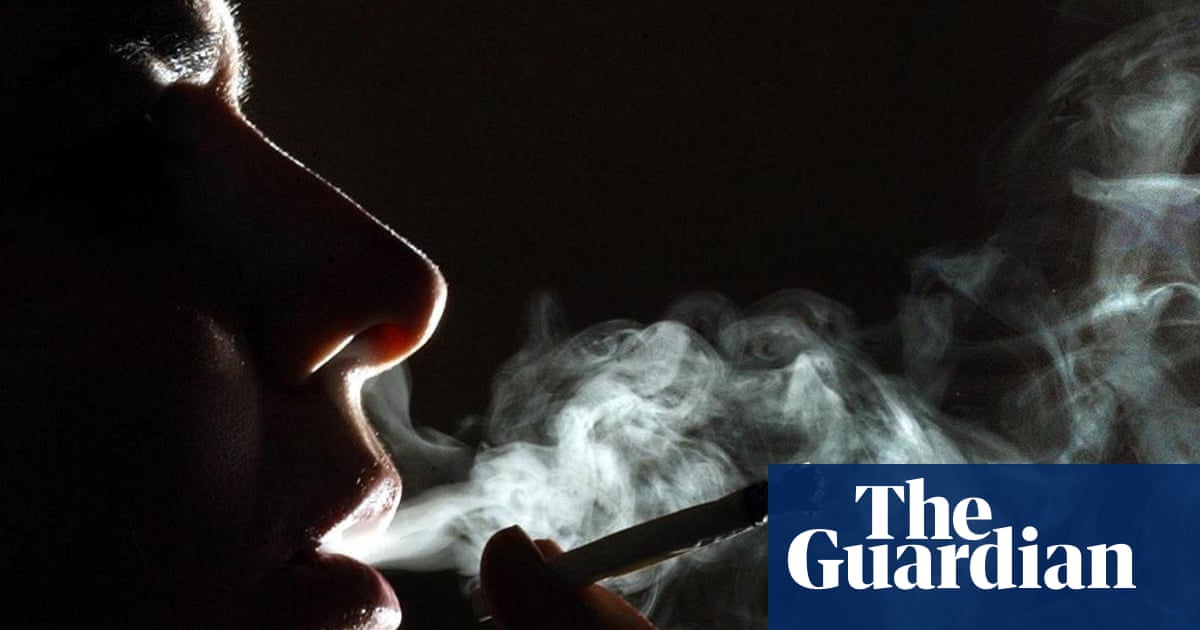
"I think lots of people who now know that cannabis can cause psychosis, they say these people are not like me'. That's not true, said Robin Murray, a professor of psychiatric research at King's College London. What we can show in this study is that the effect of cannabis is a bit like the effect of alcohol or the effect of food, that it's a dimension. So the more you take, the more problems you get into."
"the research found that those who started using cannabis to self-medicate for a condition such as pain, anxiety or depression, and if they were experiencing minor psychotic symptoms, had higher paranoia scores, while those with the lowest scores used cannabis for fun or because they were curious. The survey also found that the average respondent consumed 206 units a week of tetrahydrocannabinol (THC), the active ingredient in cannabis, the equivalent of between 10 and 17 joints, but people who used cannabis for anxiety or depression reported consuming 248 and 254.7 units respectively."
Answers were collected from 3,389 former and current cannabis users aged over 18 with no clinical history of psychosis. Individuals who began using cannabis to self-medicate for pain, anxiety, or depression and who experienced minor psychotic symptoms had higher paranoia scores. Users who consumed cannabis for fun or curiosity had the lowest paranoia scores. The average respondent consumed 206 units of THC weekly, equivalent to 10–17 joints, while people using cannabis for anxiety or depression reported 248 and 254.7 units respectively. NHS prescriptions for medicinal cannabis in England are limited to very rare epilepsy, chemotherapy-induced nausea in adults, and some multiple sclerosis cases. Private clinics are providing cannabis for pain, anxiety and depression, conditions associated with increased problems.
Read at www.theguardian.com
Unable to calculate read time
Collection
[
|
...
]